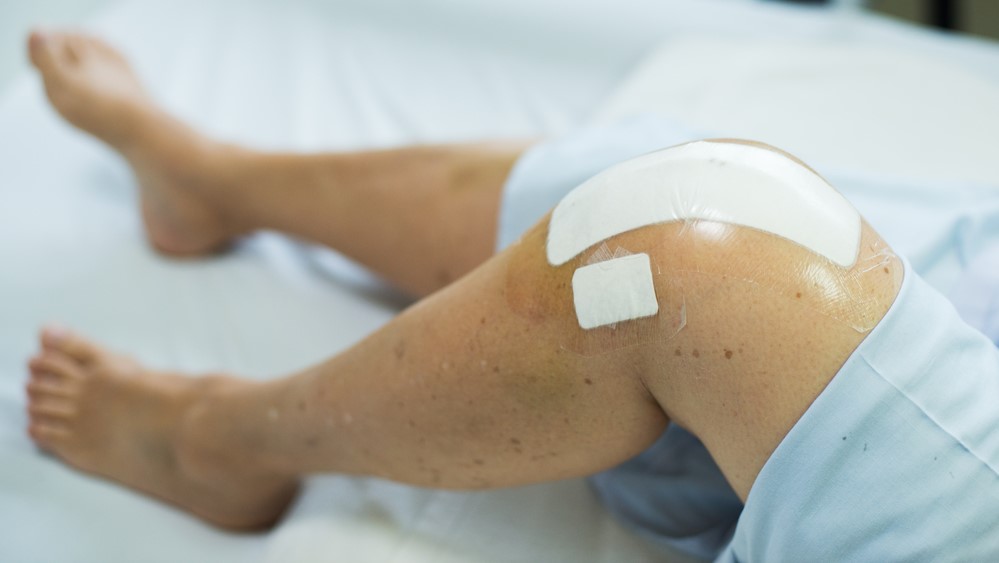As the cases of arthritis are getting more common over the years, so are the treatments beyond the conservative solutions. One such standard treatment is joint replacement surgery. We know it might sound scary for someone who is struggling with unbearable joint pain for a long time now. But, it isn’t what they are worried about. All they wish at that moment is to get rid of that stiff and painful joint. And that is possible with this replacement surgery.
If you can relate to the term in any sense, you have undergone or planning to undergo joint replacement surgery anytime soon. This piece of information will help you deal with the post-surgery period better.
It is essential to know some important things about the treatment process. Read on!
What is joint replacement surgery?
It is an orthopedic surgical procedure that involves the replacement of a dysfunctional or arthritic joint surface using an orthopedic prosthesis. Joint replacement is a reliable solution for a painful or dysfunctional joint when nothing from the list of less-invasive therapies work.
So, when your doctor recommends you to undergo surgery, know that it is the best possible treatment option available.
What to expect after Joint Replacement Surgery?
Even before the surgical procedure starts, you may get along with the anticipation of the results. In most cases, post-surgery recovery is as expected, and only a few patients encounter issues.
Here’s what you may expect after the treatment process:
• You’ll Soon be Moving
Early mobility significantly improves post-surgery success and reduces the risk of blood clots and scarring. You surgeon will put in best of his efforts to get you moving at the earliest. You can also rely on frequent visits by your physiotherapist to make the process smoother.
• Instructions for each step of rehabilitation
Specific physical exercises will be a part of your rehabilitation. Depending on your medical condition, your surgeon and physiotherapist will chalk out the entire course of action.
• Coping up with the pain
It may take a while for the pain to subside, but with a stricter medicine routine and proper exercising regime, you will cope up with the aches and problems better.
What to avoid after a joint replacement surgery?
Though staying active is imperative after a joint replacement, do not push too hard. Be in regular touch with your doctor mainly when you bring changes in your routine. Watch out for any unexpected signs and symptoms.
Trust your doctor and the process
You must come to terms with the fact that each body has a different mechanism. Your condition, surgery and recovery may be different from others. Avoid comparing and trust the procedure.
No matter how old you are, joint replacement surgery can bring with it some apprehensions. It is normal to feel nervous. Discuss your fears and doubts with your surgeon. Gather as much reliable information as possible, as it would further help in preparing for your surgery and in turn, optimise the results.
